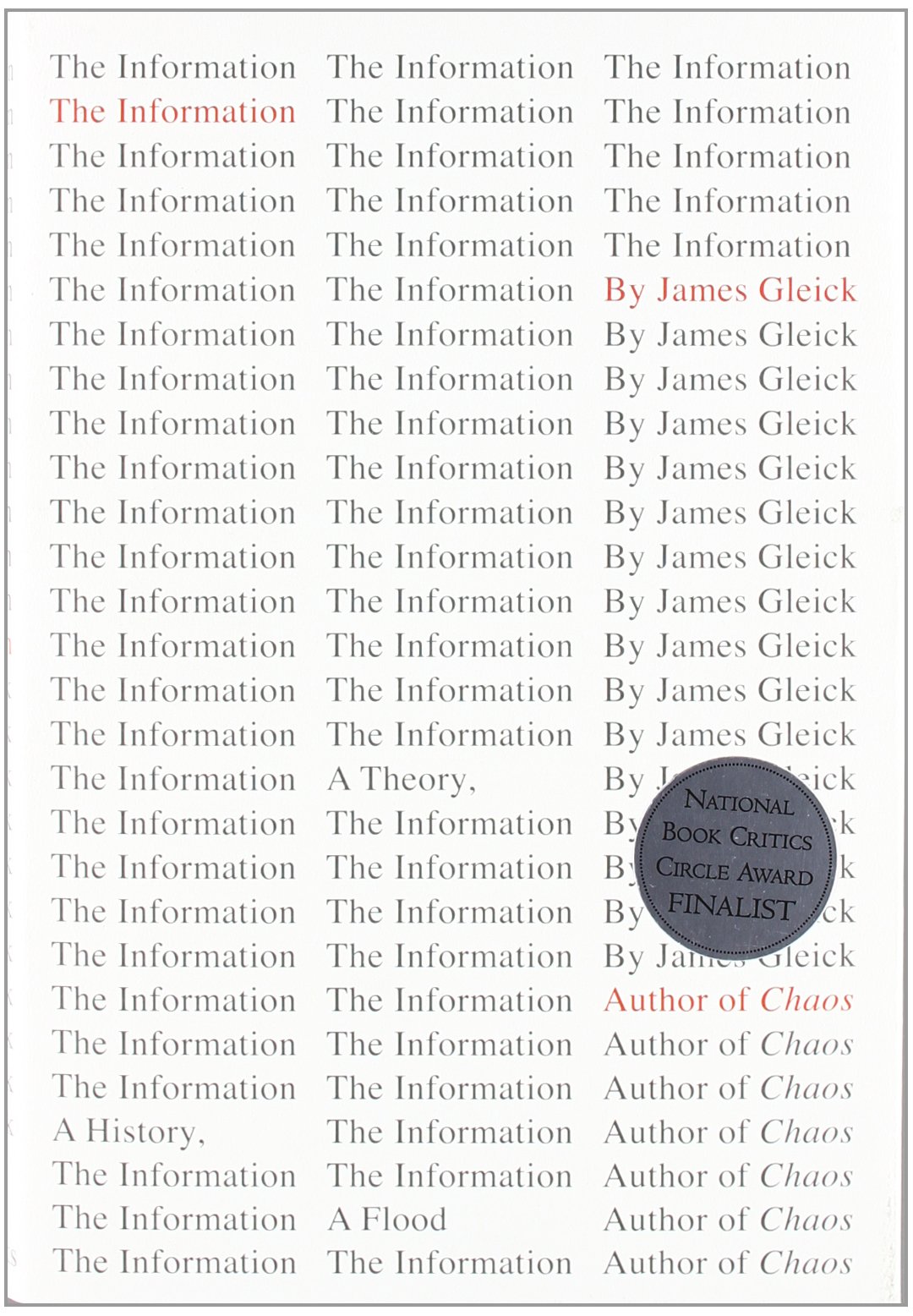Found in 2 comments on Hacker News
vdm · 2011-06-08
· Original
thread
James Gleick's The Information has a good description of those people, and is a great read otherwise as well.
http://www.amazon.com/Information-History-Theory-Flood/dp/03...


http://www.amazon.com/Information-History-Theory-Flood/dp/03...
It's on Kindle. Just go buy it now. The Ada stuff is in Chapter 4, location 1841. It won't disappoint.